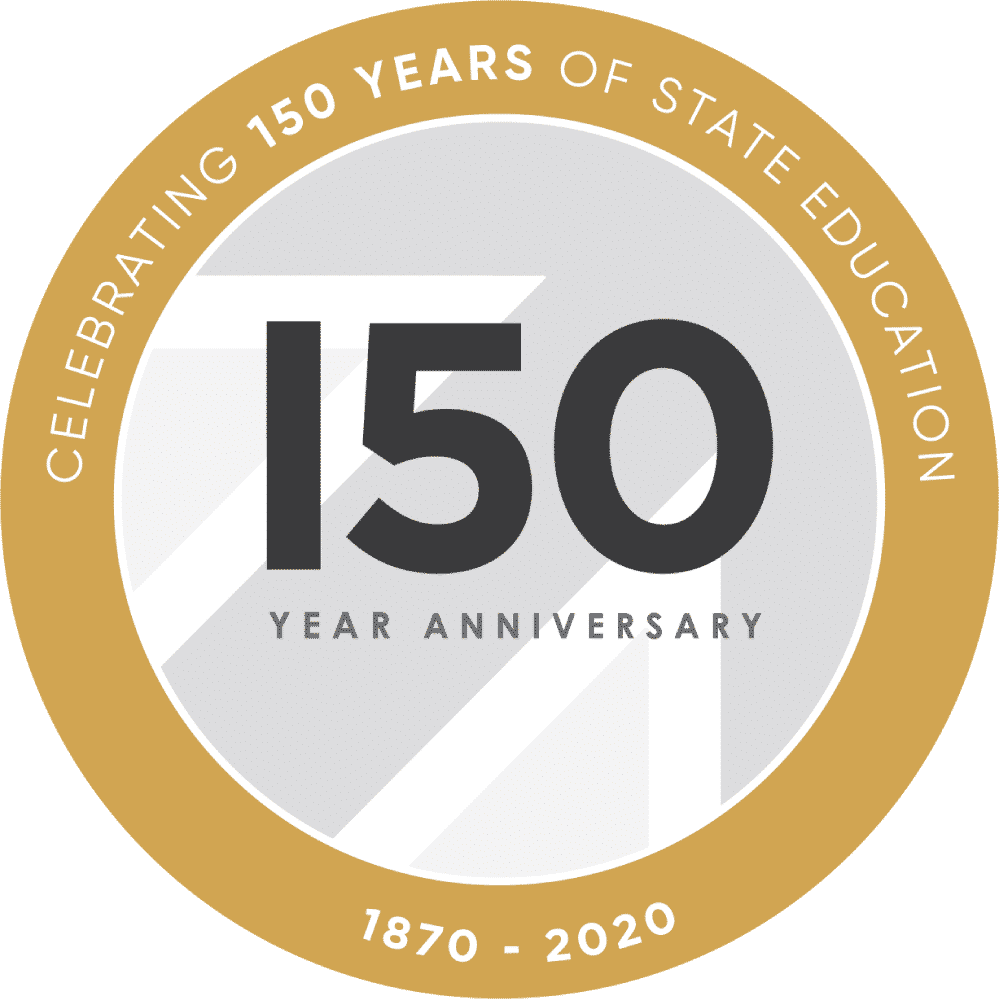As we move into the second year of our work at the Foundation for Education Development (FED) and following the launch of the FED National Education Consultation Report, we hosted a roundtable discussion seeking to answer the theme ‘Education Policy – What will we be talking about in 2022? Between commissions, manifestos and national reports, there will be a great deal of challenging and new thinking in 2022.’
We asked Julie McCullock, Director of Policy at the Association at the Association of College Leaders (ASCL), to write a thinkpiece on her input into this roundtable discussion. Julie talks about ASCL’s recent Blueprint for a Fairer Education System that ‘sets out a long term vision for how we can ensure our most disadvantaged children and young people can flourish and thrive as we begin to emerge from one of the most difficult periods most of us have ever experienced’.
Will it take ‘500 years to close the gap?’ – read this important thinkpiece to find out.
A Great Education for Every Child: The ASCL Blueprint for a Fairer Education System
500 years to close the gap?
It will take over 500 years – or twenty generations – to close the gap between disadvantaged pupils and their peers. This stark statistic from the Education Policy Institute’s 2019 annual report was the catalyst for ASCL’s recently published Blueprint for a Fairer Education System.
This bleak picture has been exacerbated, of course, by the Covid-19 pandemic. The growing bank of evidence on the impact of the pandemic suggests that it has particularly affected children and young people from disadvantaged backgrounds.
It has never been more urgent or important to consider why this stubborn gap persists, and what can be done to address it.
Education matters
Our guiding principle in developing the Blueprint was the belief that all children and young people are entitled to a high-quality, broad and challenging education. No child or young person should receive a lower standard of education as a result of their background or where they live. And while education alone cannot address the entrenched problems of poverty and inequity in today’s society, what happens at school or college can have a transformative effect on children’s lives and life chances.
Building blocks for a stronger, fairer system
The Blueprint sets out five ‘building blocks’ for a stronger, fairer system. These are:
- A core national curriculum focused on what we collectively agree are the most important things that children and young people should know and do, with a range of high-quality pathways that young people can follow as they get older.
- Leaders, teachers and support staff in every school and college with expertise and capacity developed through strong initial teacher education and ongoing, effective professional development.
- National assessments and qualifications which link to the core curriculum and post-16 pathways.
- Sufficient resources for all schools and colleges to deliver the education to which all children and young people are entitled.
- Structures and systems which encourage and enable schools and colleges to act for the good of all children and young people, not just those in their own institution.
Changes needed
The Blueprint then proposes a number of changes that we would like to happen in the next five years to create or strengthen these building blocks. These include the following:
- Develop a revised national curriculum which focuses on fewer things in greater depth and leaves enough space for schools to develop their own complementary local curriculum.
- Replace Key Stage 2 SATs with adaptive assessments which make greater use of technology to ensure assessments are more intelligent and personalised.
- Reform GCSEs to reduce the huge number of terminal exams taken by pupils by reintroducing more ongoing assessment and making greater use of technology.
- Extend the pupil premium to include 16-19 year olds, and reform funding for pupils who have special educational needs so that the system is simpler, clearer and better resourced.
- Review the school admissions code to require all schools to do more to prioritise disadvantaged children.
- Overhaul school performance tables so that they provide parents with a broader range of measures beyond just exam and assessment results.
A broad consensus
Not everyone will agree with all of our proposals. But we hope that the Blueprint can help to build a broad consensus around the principles for a stronger and fairer system, and encourage and inspire others to contribute to building that system.



